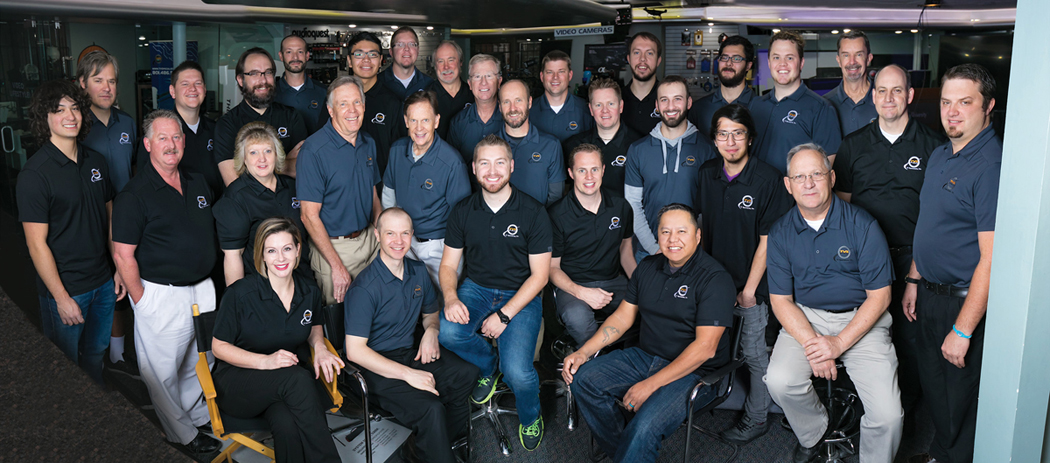AV Solutions, Home Theater
Making the Transition to 4K
Although 4K origination may not be needed for all projects, it is certainly creating a lot of buzz and we feel strongly that it is definitely here to stay and is quickly emerging as a standard for high end production and a must for feature films. Consumer 4K displays for home use are now available and the need for 4K content is quickly building. It is also emerging as a near-cost effective option for independent films and even corporate and higher-ed applications. There are just too many advantages from originating in 4K that any serious project can benefit from, including long term archival, higher quality 2K and HD masters, stills from motion, multi-camera looks with a single camera, full HD crop motion images, and HD pans and zooms just to mention a few. The question that many are asking and attempting to get a real world answer to, is if I do transition to 4K what kind of overhead, workflow and data rates will I need to be dealing with? In other words what are my options when it comes to 4K workflows and are they practical for what I need to do?

These questions, as well as the comparison between the Canon 1DC and the EOS C500, will be addressed in our upcoming “4K Workflow Seminar” which will be held on June 28th here in SLC. For those able to attend they should be able to get a head start in determining the best options for utilizing 4K as we will be discussing and showing 4K on a 4K (quad HD) monitor with motion images derived from RAW, Apple ProRes 4444, ProRes422 and the 1DC 4K at 4:2:2 with log. For those not able to attend we will be posting some of the results, images and findings in upcoming additions to this blog.



